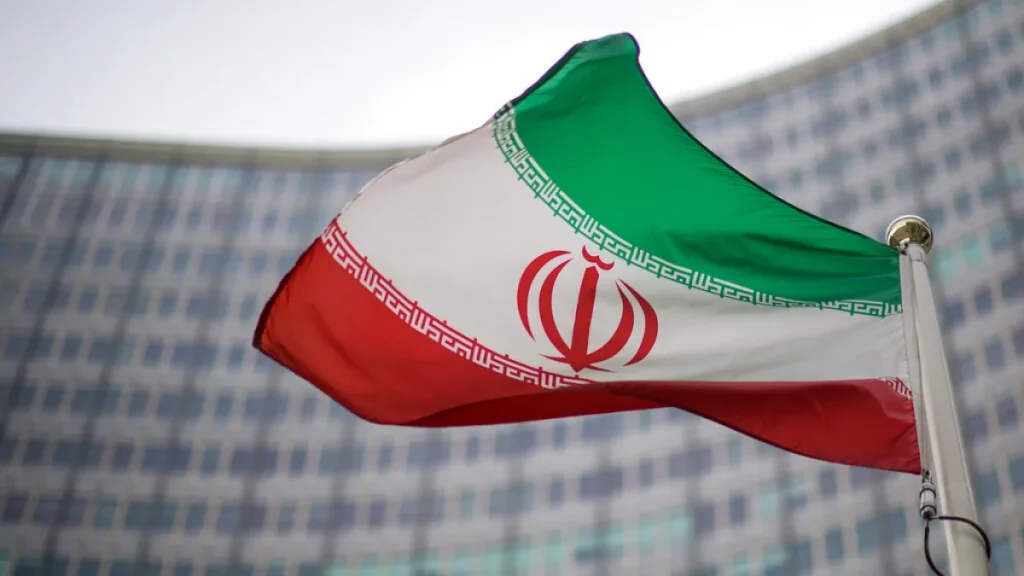The debate over Iran’s nuclear program has spanned more than two decades. In 2015, Iran signed the Joint Comprehensive Plan of Action (JCPOA) with world powers, agreeing to limit its uranium enrichment in exchange for the lifting of international sanctions. However, tensions resurfaced after the U.S. withdrew from the deal in 2018, leading Iran to gradually scale back its commitments.
Macron’s Warning on Sanctions
French President Emmanuel Macron has made it clear that time is running out for Iran. He announced that the United Nations “snapback” mechanism could be activated as early as the end of September if Tehran refuses to comply with the terms of the JCPOA.
“If Iran does not take immediate and verifiable steps to return to its commitments, the international community will have no choice but to reimpose sanctions,” Macron stated in Paris.
European Powers Unite on Pressure
France, Germany, and the United Kingdom—collectively known as the E3—have expressed increasing concern about Iran’s activities. The International Atomic Energy Agency (IAEA) recently reported that Iran has expanded uranium enrichment to levels far beyond the limits allowed under the agreement, sparking fears that the country could be edging closer to nuclear weapons capability.
The Role of the United States
While no longer part of the JCPOA, the United States has aligned itself with European partners. Washington supports the possible return of sanctions, though it stresses that diplomacy should remain open. U.S. officials argue that economic pressure is intended to push Tehran back into serious negotiations rather than close the door on dialogue.
Iran’s Response
Iranian leaders have rejected Western ultimatums, accusing Europe and the U.S. of hypocrisy. Tehran argues that it has upheld many of its commitments, while the other signatories failed to deliver promised economic relief.
Iran insists that sanctions have severely damaged its economy, particularly its vital oil exports, and warns that new punitive measures could deepen instability in the Middle East.
Potential Regional and Global Impact
Security Risks in the Middle East
If sanctions are reinstated, analysts warn of escalating tensions across the region. Iran may respond by hardening its stance, strengthening its alliances with non-Western powers, or expanding its regional influence through proxy groups.
Economic Consequences
Oil markets are already reacting to the uncertainty. Crude prices have shown signs of volatility, with fears that further escalation could disrupt global energy supplies. Investors are closely monitoring Tehran’s decisions as the deadline approaches.
What Comes Next?
The coming weeks will be critical in determining the trajectory of Iran’s relationship with the international community. If sanctions are reimposed, Tehran faces renewed isolation and economic strain. On the other hand, compliance with JCPOA obligations could ease tensions and reopen the path toward diplomacy.
For now, the world waits to see whether Iran will choose confrontation or cooperation—a decision that could reshape not only Middle Eastern security but also global stability.


